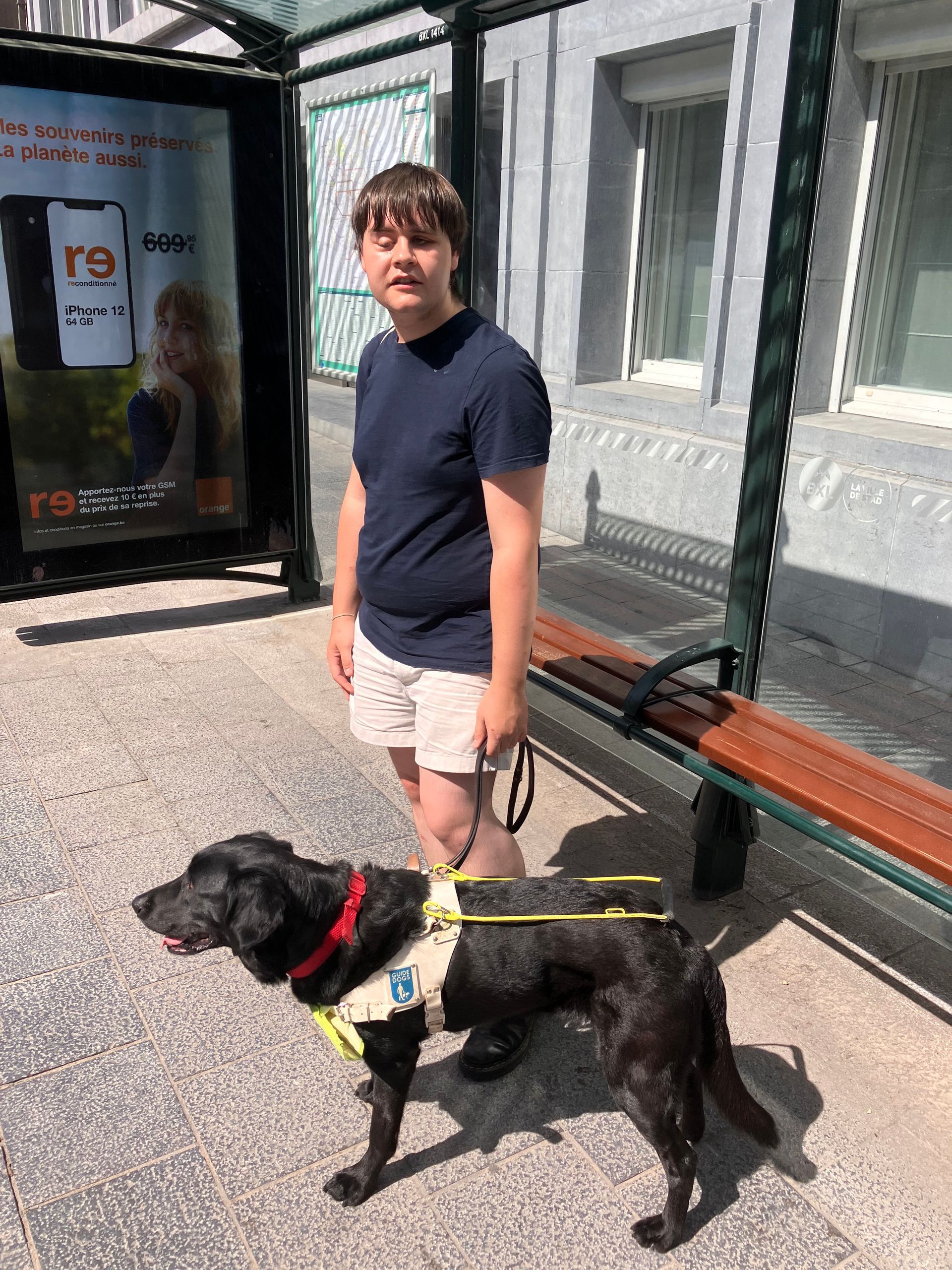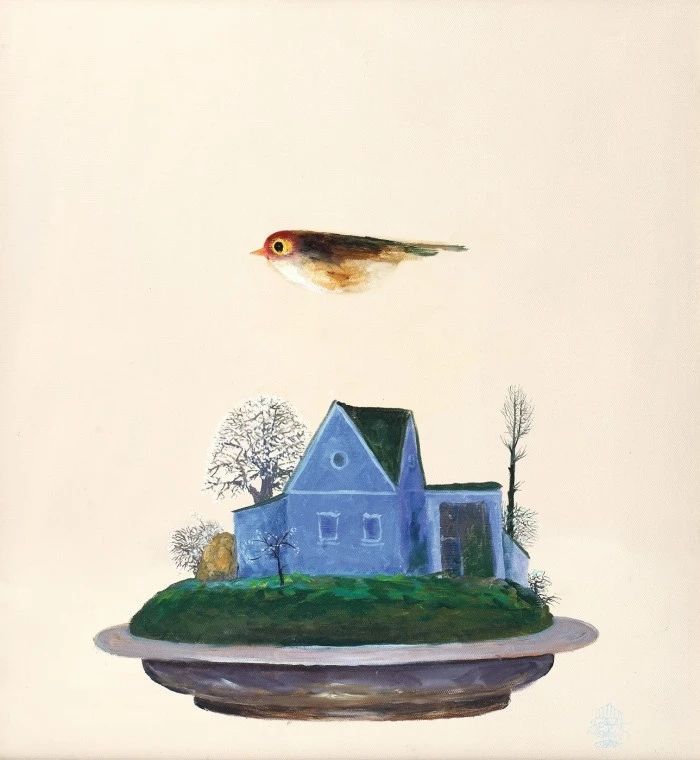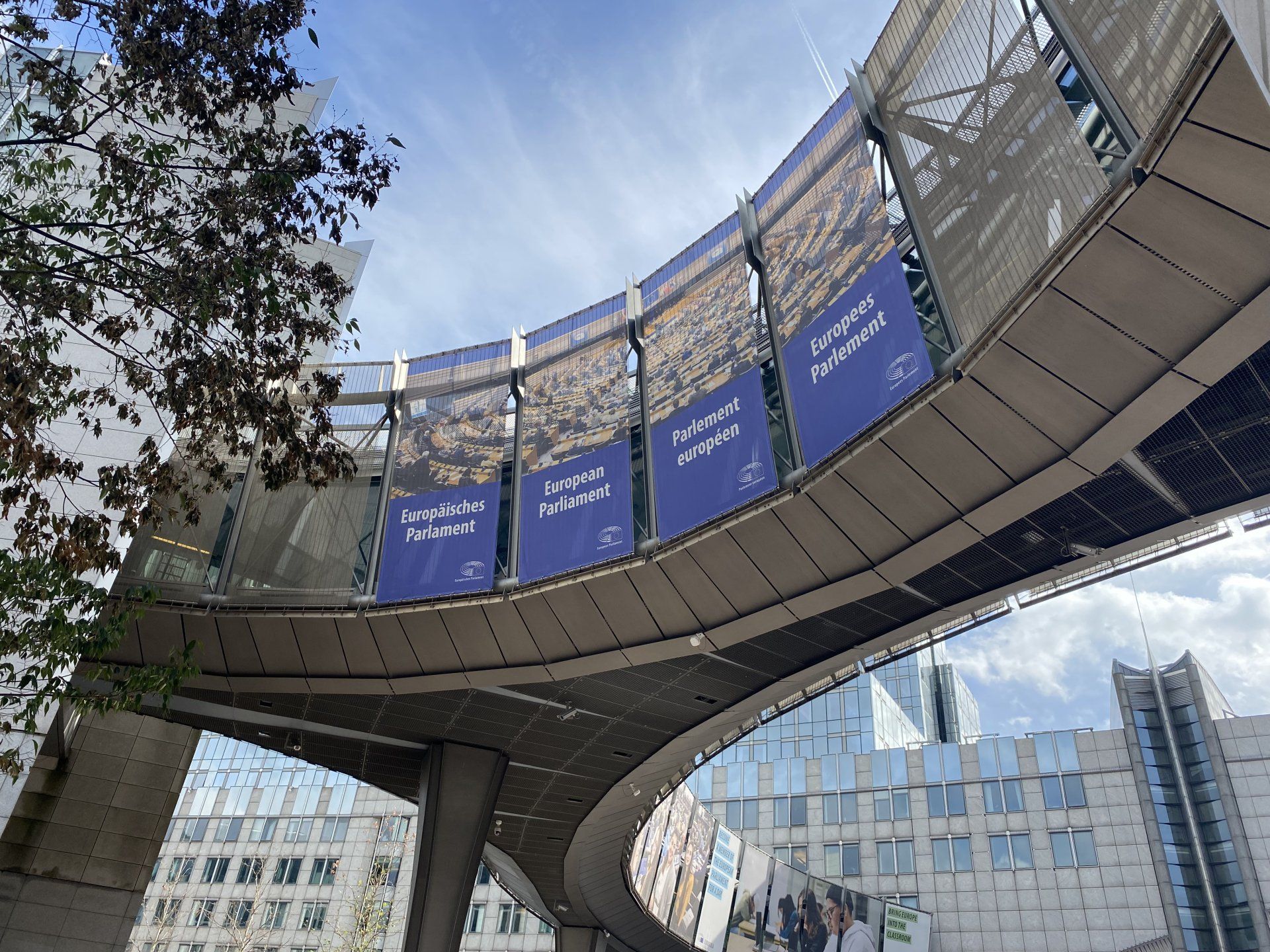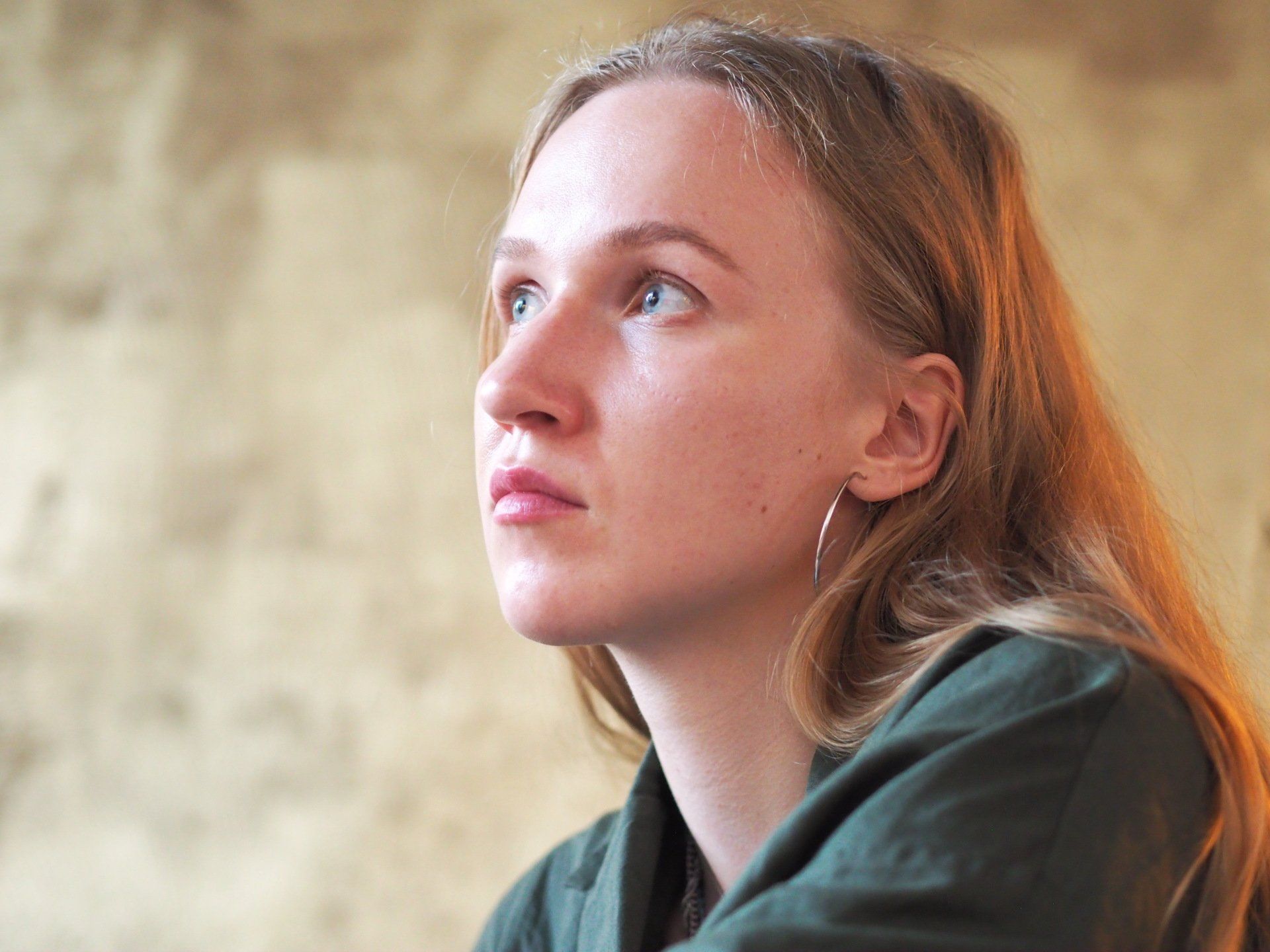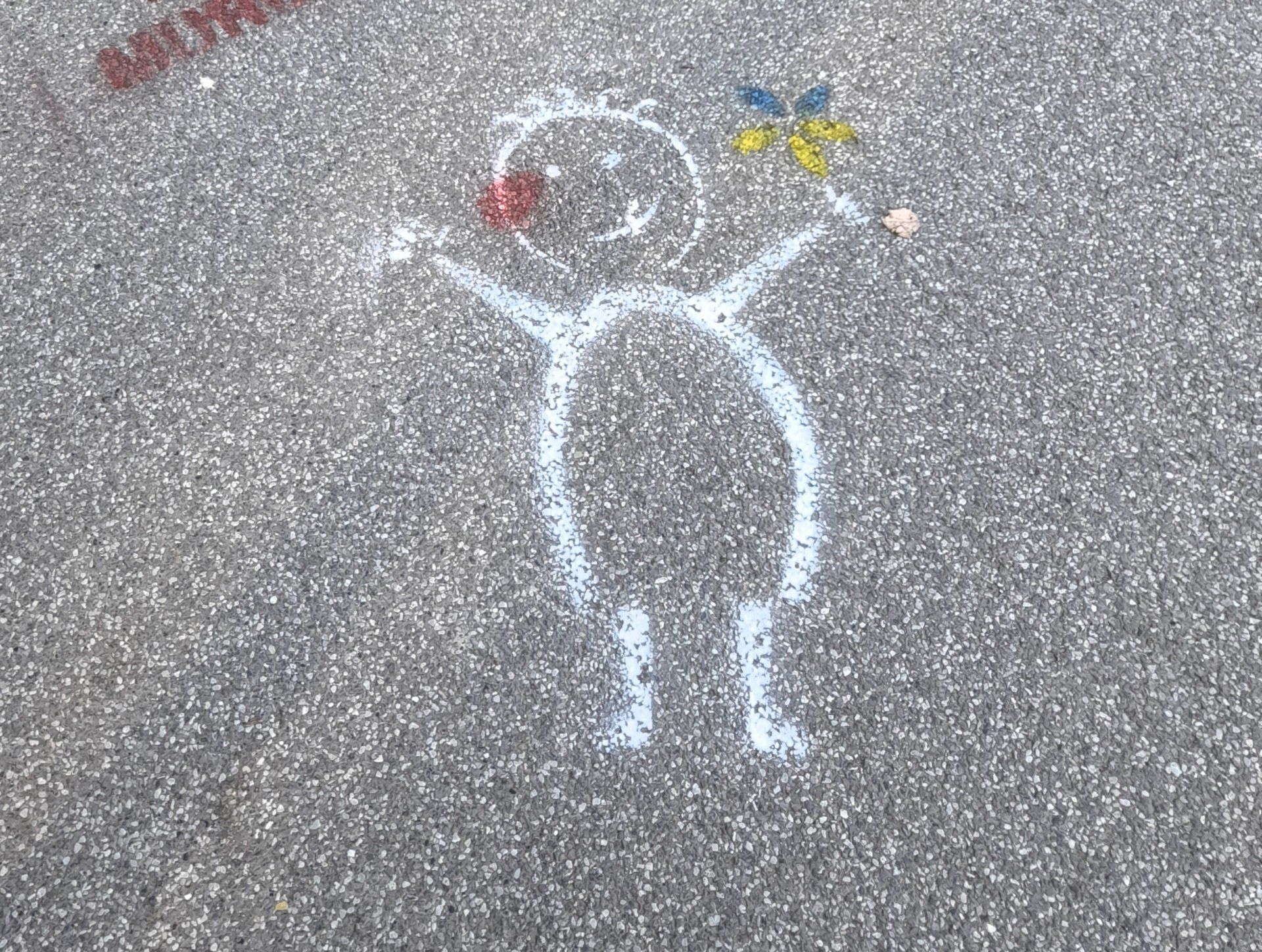On factfulness, meritocracy and other well-intentioned placebos
Can we satisfy discontent with "facts"? And is statistical validation of the status quo all that comforting?
Recently, I finished reading Hans Rosling’s excellent Factfulness
on a cheap flight filled to the rafters with young immigrants coming back to Belgium from a homeland holiday. They were returning to their insecure jobs, often low in pay and high in drudgery. To their small and crowded lodgings, where dozens of them live in insalubrious conditions, under roofs that have seen better days. To a country foreign to them, where their precarious presence will sometimes be viewed with suspicion and resentment. The contrast between Factfulness’s “reality is the things you can count and they are getting better” brand of scientific positivism* and what is so readily palpable in our everyday lived experience could not have been more striking. There is plenty to keep striving for in the world.
There I was, on a short-haul flight that was far too affordable, pumping CO2 into the atmosphere, surrounded by young people whose loss of hope in the future had prompted them to move abroad and live precariously. There they were, filling a cheap, bright yellow plane with riotous catcalling and questionable humour, seeking validation in camaraderie within their group – and through frankly appalling manners. I might be sensitive to social injustice but discourtesy is a transgression of the moral order I cannot tolerate. I am (half) joking.
Rosling’s Factfulness
reminded me of Michael Young’s dystopian satire The rise of meritocracy,
in that they both do away with political explanations of the world and of injustice by proposing a sort of scientific framework for understanding reality. In both cases, this removes the need for ethical interpretations. The world is what you can see and its trajectory is pointing upwards towards the sunlit uplands of progress.
Michael Young does this satirically, to highlight the blind spots, cruelty and hidden injustice in such a system. His meritocracy follows the formula IQ + EFFORT = MERIT. Written as an account from the year 2034, it describes a society reshaped so as to uproot the centuries old tradition of hereditary rule and fortune. Those who are most capable rise through the ranks, as opposed to those who are born into power and wealth. As he himself points out in his introduction to the 1994 edition, his narrator is a staunch advocate of meritocracy as an enlightened social arrangement, but doubt is embedded into the fabric of his account, like an unsettling shadow:
"That author was meant to be vulnerable. He was, as it were inadvertently, the mouthpiece for another story, showing how sad, and fragile, a meritocratic society could be. If the rich and powerful were encouraged by the general culture to believe that they fully deserved all they had, how arrogant they could become, and, if they were convinced it was all for the common good, how ruthless in pursuing their own advantage."
Hans Rosling proposes factfulness earnestly and with the best of intentions, highlighting important global progress and arguing for cool heads. He rightly highlights that our perceptions of reality are not always in line with global trends, berating alarmism and unfounded opinions not anchored in available evidence. However, in raising these important points so admirably, he weaves a narrative that is prey to its own blind spots and the very same fallacies he correctly critiques.
Thus, he gives the impression of pre-destined inevitability in global progress as different countries move up income levels. He generalises in suggesting uniformity of the lived experience within his income categories and (I hope I am wrong here) suggests that all levels except extreme poverty are largely acceptable. He distorts reality through his factual selections (for instance by highlighting three wildlife species no more critically endangered than they were in the 1990s, when the global context is one of notable habitat and species loss). Whilst his analysis of some of the factors contributing to contemporary anxieties is plausible (in the form of his identified series of primitive instincts), it is far from scientific, with no evident effort made to demonstrate a causal link to social attitudes.
Rosling’s underlying premise seems to be that the vestiges of our primitive brains are preventing us from accurately assessing the state of human progress, which is more advanced than we appreciate. The evident gap in his analysis is the impact of actual, observable, measurable injustices on our attitudes and perceptions of reality. It is not enough to highlight, as he does, that Brazil, one of the world’s most unequal societies, has inequality levels that are less extreme than they were several decades ago. Our collective social values have progressed in line with global economic advancements. They are a legitimate filter through which our worldview is shaped. It is therefore entirely reasonable to view social injustice as unacceptable, and to be concerned when presented with evidence of it. As Rosling himself points out, things can be both bad and better and his preference, which is his legitimate choice, is to focus on what is better. I agree with this but cannot help but notice his impatience with those who focus on what is bad, even though he acknowledges this is an important step towards “better”.
What if we are rightly anxious and concerned, albeit in an environment that heightens our fears (and I include our own instincts and pre-dispositions in this notion of “environment”)?
To claim that factually speaking, our discontent is more of an evolutionary hang-up than a substantiated response to our circumstances is primarily a political, rather than an epistemological gesture. Rosling’s reassuring facts, much like Young’s dystopian meritocracy (misunderstood as it has been for decades not as satire but as political vision), will be most palatable to those viewing the world from a position of privilege. They will offer solace to all who are uncomfortable with our polarised and fraught contemporary reality. What these well-meaning placebos will not do is tackle the underlying causes of division and discontent. And tackle them we must, lest they unravel, in their fury, the very systems and safeguards we have put in place to fight injustice and build a common future (democracy, multilateralism, tolerant and inclusive societies).
*(n.b. I am using positivism in its scientific sense rather than as a misnomer for optimism)
Image credit www.theguardian.com
By Andreea Petre-Goncalves
--------
Support our innovative work so that we can continue to deliver solutions to division and healing for hatred. Please donate on our site https://donorbox.org/powerful-conversations-for-progress.
Flare Blog
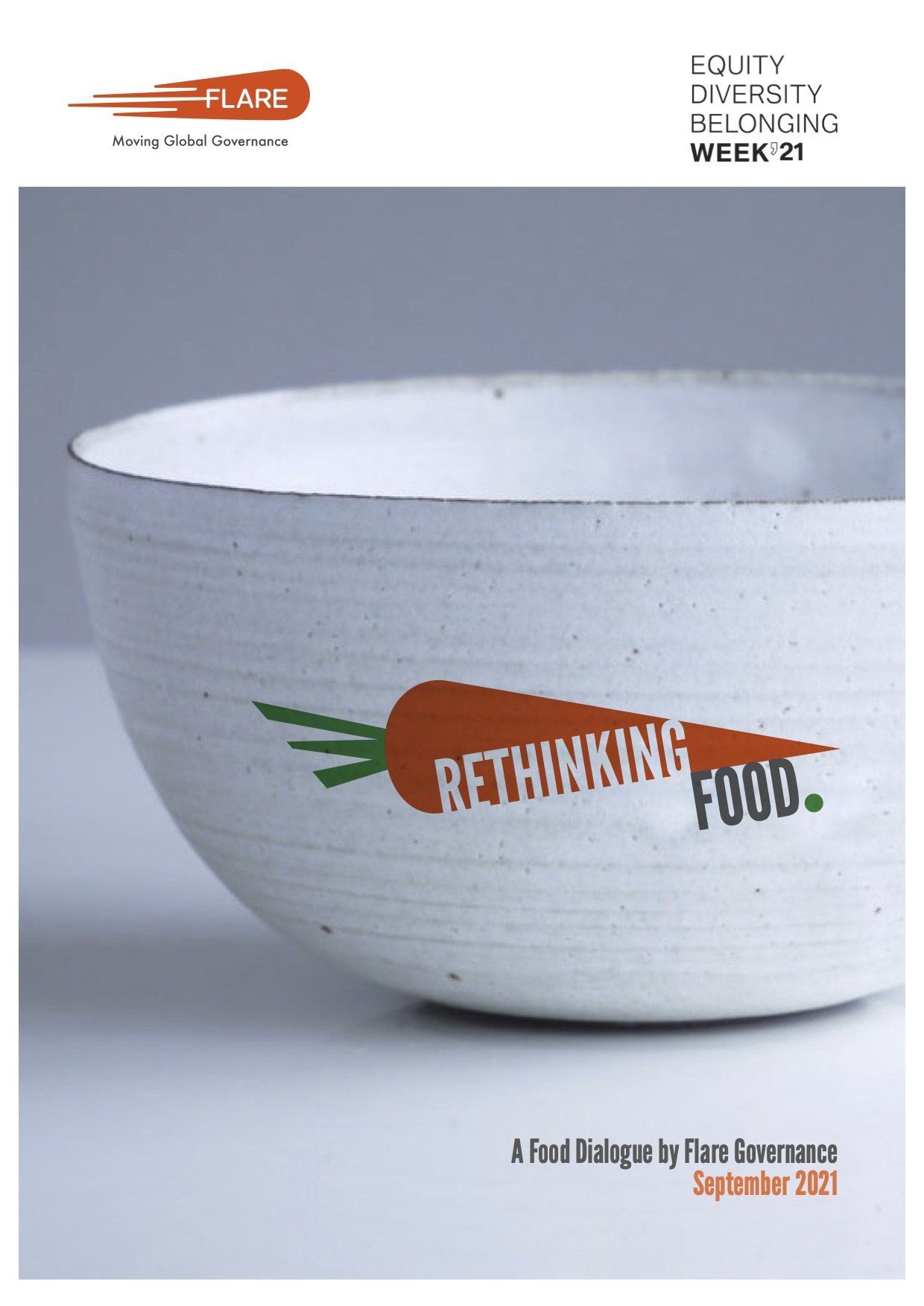
Is making us hungry. Read about how we re-imagined the global food system in 90 minutes in our latest report, available here . This stuff matters. Rethinking is about making space for hope, changing the story by which we live. Moving from me to us to our whole society. We take things that feel stuck and fixed and paint the picture of how they can be radically better. We do it together as equals, no matter our level of knowledge and experience. At the heart of Rethinking we’ve planted a simple seed of an idea. If we agree where we need to get to, we can find our way there. We can work out how to make change happen when we allow ourselves to imagine how things should be. The essential first step to get over our fear of being stuck in the now, in how things are, in feeling there’s no choice and no alternative – is to say what should be. It sounds banal, but it’s actually quite hard. We had a go during Rethinking food a couple of months ago. We’d spent a little while in a small group talking about access to food, injustice, food deserts, class, food snobbery and a multitude of ills. We were stumped when we tried to turn things around and say what “justice” looks like for an overweight single mum working two jobs and living in a “food desert” in the USA. We could see what the multiple injustices were, but naming what should be took us a little while. What should her life be like? What needs to happen to make that possible? You might recognize that pattern from how we approach challenges in public discourse. We’re very used to denouncing bad things, calling emergencies, demanding change from others. It’s a lot harder to name what should be, what the good society looks like, how we will feel when we’ve righted social and environmental wrongs. And once we’ve done that, I promise you, we’re cooking with gas (or something less planet heating). Over the last two years, we’ve developed a simple three-step method that takes people from hopelessness to action, from lone voices to collectives, from me to us. It’s not voodoo. It’s just humans talking, being brave and being nice. We think it can change society. No apologies for optimism. We’ve done it for football and eating , two things that feel like they belong to our private lives, but that are the most powerful embodiment of our moral systems, because we feel them viscerally. We’ve got a couple of high stakes experiments lined up for the end of 2021. If you’re tired and sad and despondent and you despair at the state of the world, please join us, fund us , talk drop us a line on hello@flaregovernance.eu . We have hope flowing out of every pore.

By Lauren Brown Productivity. It’s one of those words that is thrown around – ‘Oh I’ve had such a productive day’. It’s one I’m guilty of using, on those rare occasions where I feel as if my life is tied up into neat ends. It’s the feeling of satisfaction when you manage to get all those tiny tasks on your to-do list ticked off, eat healthily and manage to engage in one of those ‘mind-improving’ habits you set out to do at the beginning at the year. It’s definitely not limited to this sense of personal growth and improvement either but tied inherently into our working lives and culture. It rarely gives us time for rest but instead ‘more’. This productivity culture permeates our lives and is often held up as the way to have more time – that precious ‘more’ time to spend on things we truly love. But as Anne Helen Peterson points out, its mandate is ‘never ‘You figured out how to do my tasks more efficiently, so you get to spend less time working’. It is ‘you figured our how to do your tasks more efficiently, so you must now do more tasks’’. It’s the sense that if you can get that one extra task done a day, you will be far better off for it. And for many, the rewards that come with these tasks (especially those in precarious situations, for whom productivity is just a way to survive basic economic needs) are maybe not all they seem. It’s also tied up in ideals of self-improvement. ‘Oh, if I could just be more productive with my time, I’ll manage to squeeze in Duolingo’. We are taught we must maximise our output (and our consumption for that matter) to be the best we can be, at all times, in every potential area. But we all have a ceiling to this – no one can work infinitely, and at some point, diminishing returns sets in. There’s only so long I can pretend my endless to do list is improving my life, instead of stressing me out that once again I haven’t done X Y and Z. Whilst I could happily spend the rest of this blog theorising how neo- liberalism is a key part of this (don’t worry, I won’t), this sense of disquiet around working cultures has been thrown into sharp relief by the pandemic for many. Debates over whether workers get more done at home or the office are prominent in the news, accompanied by endless articles on burnout culture. Businesses are testing out four-day work weeks – with the caveat that this is obviously to improve productivity, though admittedly through a method that involves ‘working better’. All of these stories question the idea of boundaries. Whether these be physical (home vs an office environment) or mental (when do we ‘switch off’), the pandemic has led to discomfort over our current working practices. I’m a case in point. During the first lockdown, I felt I needed to produce at ever higher rates in order to ‘secure my future’. So I regularly worked 40+ hour weeks (often splitting my time between my supermarket job, research internships and volunteering) as well as finishing my studies. I thought it was normal, desirable even, to only have one ‘proper’ day off a week. I believed this was the best way for me (a busy person even in ‘normal’ pre-pandemic times) to stay sane, to cope with the ever closing walls of the world. But when I compare this to the third lockdown I experienced here in the U.K., this outlook seems obscene and naïve. I struggled to concentrate through my degree and the drudgery of life in my small four walls. However, I still felt I needed to produce at the levels I had been, to make this lockdown a success. I felt I needed to do ‘more’ – I had the time, why wasn’t I doing it? And that’s what is so all-encompassing about this productivity culture. It’s prevalent and fetishized (what do you mean, you don’t have a side hustle?). There’s, as Pandora Sykes identifies in her book Are We Doing it Right?, a status to being busy and getting lots done. It’s also a way of coping with insecure futures and bleak employment prospects. Admittedly this was heightened by a mild personal panic that came with the realisation I was soon to be an unemployed postgraduate student. But is it healthy? It's hard to admit that maybe you can’t improve in every section of your life. That there’s a point where burnout sets in. That maybe you don’t need to learn French or do that typing class, unless you really do have the capacity and desire for it. Maybe we shouldn’t have to be excessively productive. Maybe we should talk about what we actually want for our futures and challenge what we see as normal. I’m not saying productivity is inherently evil and I can’t pretend I’m not sucked into the machinery that surrounds productivity culture. But as time goes on, the apparent need to produce and consume more is one that becomes more questionable to me. At what point can I say I’ve done enough? I might never be able to fully manage the expectations of myself and workplace culture with what actually works for me, but through talking it through, I can start to try.

By Sam Ajakaiye Change. It’s such a small word which encompasses so much. So often I reflect on the various ways I want the world to change and yet I also find myself in a position where I must question whether this very act is naive. Negative change is surely worse than the status quo. Social (and, to a certain extent, political) conservatism is often predicated on this understanding that change can easily break down the good things we have whilst failing to replace them with anything of equal, let alone better, value. I am also a university student. University students are famed for their rampant desire for change and their youthful radicalism. In my first year at university, I have witnessed how a surge in the use of social media and a significantly greater awareness of international affairs has led activism to become commonplace amongst a generation of ‘Social Justice Warriors’. I am also a 19-year old black man who does not only feel society’s divides but actively studies the histories behind them in his degree. How could I not desire change when I see how hypocritical greed has led (and still leads) to the crippling of continents, communities and families in places like my homeland, Nigeria. Perhaps I wouldn’t because those same studies have bred within me a deep distrust for the leaders who have the greatest potential for change - stories of poor Nigerian governance are too numerous to count. If you are struggling to grasp where I lie on the political spectrum or what I want for the future of the world, welcome to the club! I do as well. However, I will clarify one thing for you - I do want change. It’s just that, whilst I am hopeful for a better future, I’m also sceptical about it. The reason why I am sceptical is that I have seen how the realisation of ideals doesn't just require more money, or more time, or more planning. They require people to change. If people don’t change the way that they act, the way they think about others (and themselves) and what they aspire towards, any real systematic change is not possible. For example, over the course of last year, systematic/institutional racism came to the fore of many debates once again. However, whilst systematic racism may have a completely different effect to interpersonal racism, it is certain that any system which places people at a disadvantage is rooted in decisions made by people, influenced by their personal approach to life and others. My hope for change is not rooted in seeing declarations made by governments which suggest that policy will be more aligned with the future I wish to see (otherwise I would be in love with the UN). It’s not when I see thousands of people gather on the streets to protest about problems of global importance. It’s not even when I am allowed to feed into conversations which are far beyond my pay-grade (I’m a student so I basically don’t have one) and share my visions for the world. My hope for change increases in those situations where all performance is stripped away and people are at their most open and vulnerable, yet I see genuine concern and kindness expressed towards others. When I see people truly empathise with each others’ struggles, regardless of whether they fully agree with their viewpoint, and have proactive and serious discussions marked by mutual respect. That’s because these are the types of spaces in which policy should be formed. These are the types of conversations that allow society to become naturally diverse. These are the types of people who will use influence to actually serve people rather than simply to boost their ego. Now, I will introduce a dose of scepticism here. As a Christian, the idea that everybody is flawed and has their own struggles is rooted in my worldview. However, I think I can confidently say that you don’t need the Bible to understand that humans aren’t perfect. There will always be people in power who are self-serving and people whose altruistic actions are only performative. But why should that ever be an argument to maintain the status quo? Instead, that fact should drive us to create as many open and genuine spaces as possible for people to learn about others and learn from others. We should prioritise creating opportunities for individuals to express themselves openly and then take each others’ concerns and opinions seriously. We should allow for debates which enable us to question each others’ views and find solutions to the different problems we experience and perceive. I am still sceptical about how many people will truly change from these spaces but that’s the thing about change - things will be uncertain. These conversations can only function as a starting point of change but, if we neglect this crucial initial point, how can we expect a different end product?
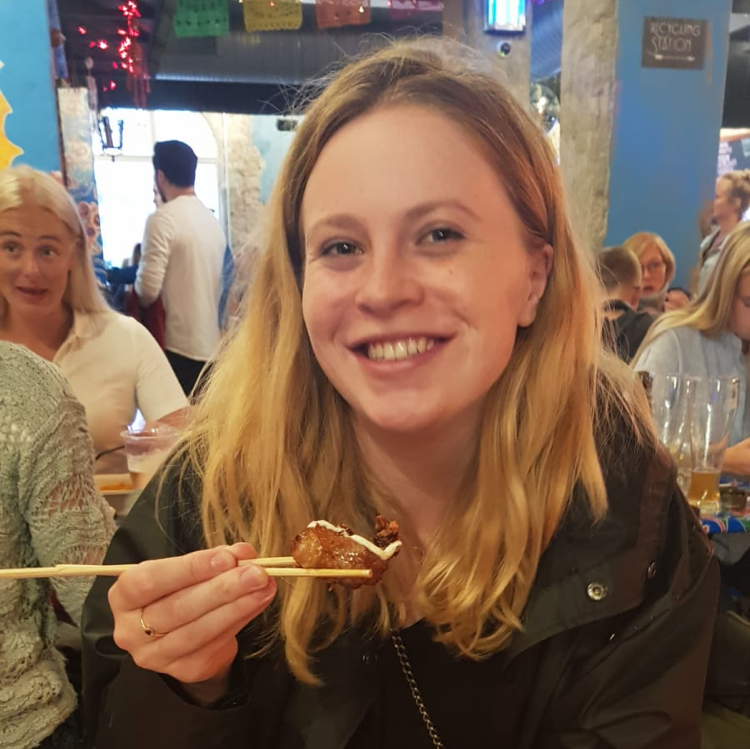
By Lauren Brown Food is something that connects us all – whether it’s a quick stir fry, a hungover takeaway pizza or a Sunday roast around the table with your family and friends. But it is also something that means different things to everyone. As you may be able to tell from the first sentence, a good Sunday roast reminds me of my family, whilst a pizza is my cure-all from a messier night than intended. Despite being a self-proclaimed foodie, and an enthusiastic if not always successful cook, how I feel about food and how it’s produced isn’t something I examine in detail too often. I know I love cooking and sharing food with others, I try to be a mildly successful vegetarian most of the time and I know cheese and chocolate are the primary reasons I would never go vegan. However, it wasn’t until I sat down as part of Flare Governance’s dialogue workshop at the BMW Foundation that I really examined this. Discussing topics from the social and cultural norms around food, to how we produce it, I began to think more and more about how food shapes my life. I began to question what I ate, why I ate it, and what I could do to create a world where I can balance my love for cheese with the environmental considerations of that. How could I feel connected to the food I ate, without knowledge of where and how it was produced, and under what connections? And how could I use food to connect to the people around me? Through discussions in smaller groups, we started to think of both what problems we saw in the world today and what we wanted the future of food to be. Answers to ‘fixing’ the food system varied from prioritising local produce, enriching the soil and inviting everyone to share food together. And at the heart of both these visions and solutions was a desire for food to be just and to work to connect us. It’s this that we should take forward, in order to challenge and to create a food system that is fair and just and belongs to all.

